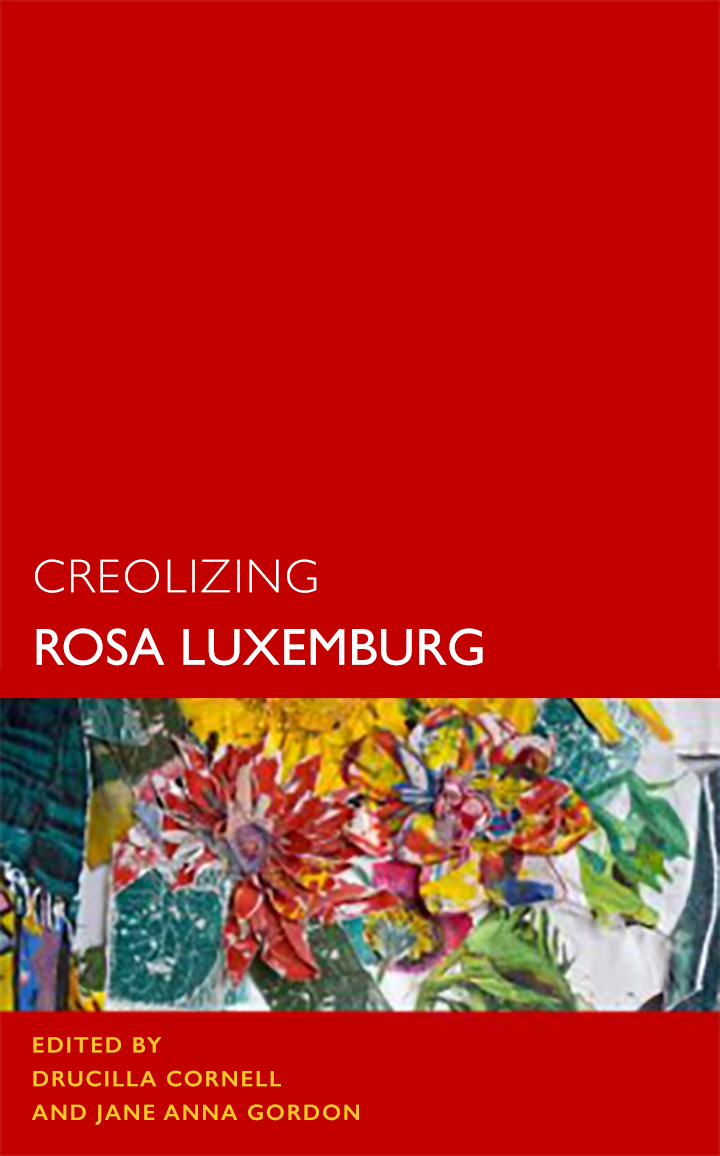Marxist Method
Capital, Volume 1, Part 3
Online: Zoom link will be provided to registered participantsChapters 16 through 25, will trace this development and reveals new dynamics and contradictions inherent to the logic of capitalist accumulation, culminating in Chapter 25, The General Law of Capitalist Accumulation. These developmental processes continue to be played out to this day and are witnessed in the immensity of wealth for a few at one pole of humanity, poverty at another, ruthless misuse and degradation of nature, and reduction of the human subject, the producing masses of real individuals, to an alienated object for capitalist exploitation.
Dual Presentation: Community Restaurants with Benjamin Selwyn / Postcapitalism: Alternatives or Detour?
Online: Zoom link will be provided to registered participantsCommunity Restaurants: Decommodifying Food as Socialist Strategy with Benjamin Selwyn The outbreak of Covid-19 has exacerbated many of the system’s worst aspects. In the UK, the birthplace of free wage-labor based capitalist agriculture, the pandemic has exacerbated existing food inequities. The pandemic has stimulated discussions about how to remedy the world’s corporate-dominated food system. The most popular alternative ... Read more
Towards a Revolution in Labor History: White Supremacism and Bourgeois Social Control
Online: Zoom link will be provided to registered participantsWhy is the US working class unorganized and suffering to a far greater extent than in other advanced capitalist societies?
Matters of State: Literature & Espionage
Online: Zoom link will be provided to registered participantsWHY SPY NOVELS? Spy novels emerged as a distinct genre around the time of World War I, coinciding with the creation of formal intelligence agencies in many countries. This was a period characterized by heightened concern on the part of rulers about national security, imperial strength, and the impending conflict of the Great War. Spy novels from the early twentieth century reflect these concerns, and generally feature secret agents and seemingly realistic tales of international intrigue. With the rise of fascism, spy novels shifted their focus to examine the dynamics of political movements within individual states, assessing their threats to the stability of the international political order. In these stories, the anxiety over the powerlessness of the individual is assuaged by the resourcefulness and ultimate success of exceptional or lucky individuals in confronting such harrowing problems as war, nuclear proliferation, and terrorism.
Creolizing Rosa Luxemburg: Reconsidering Primitive Accumulation
Online: Zoom link will be provided to registered participantsThis session will be devoted to engaging with Rosa’s pivotal reworking of the concept of primitive accumulation, with attention to historical and contemporary South Africa, medieval European race-making and its legacies, and contemporary commodification of women’s reproductive labor.
Capital, Volume 1, Part 3
Online: Zoom link will be provided to registered participantsChapters 16 through 25, will trace this development and reveals new dynamics and contradictions inherent to the logic of capitalist accumulation, culminating in Chapter 25, The General Law of Capitalist Accumulation. These developmental processes continue to be played out to this day and are witnessed in the immensity of wealth for a few at one pole of humanity, poverty at another, ruthless misuse and degradation of nature, and reduction of the human subject, the producing masses of real individuals, to an alienated object for capitalist exploitation.
The Cost of Free Shipping: Amazon in the Global Economy
Online: Zoom link will be provided to registered participantsWith cutting-edge analyses, this book looks at the many dark facets of the corporation, including automation, surveillance, tech work, workers' struggles, algorithmic challenges, the disruption of local democracy and much more. “The Cost of Free Shipping” shows how Amazon represents a fundamental shift in global capitalism that we should name, interrogate and be primed to resist.
Towards a Revolution in Labor History: White Supremacism and Bourgeois Social Control
Online: Zoom link will be provided to registered participantsWhy is the US working class unorganized and suffering to a far greater extent than in other advanced capitalist societies?
Matters of State: Literature & Espionage
Online: Zoom link will be provided to registered participantsWHY SPY NOVELS? Spy novels emerged as a distinct genre around the time of World War I, coinciding with the creation of formal intelligence agencies in many countries. This was a period characterized by heightened concern on the part of rulers about national security, imperial strength, and the impending conflict of the Great War. Spy novels from the early twentieth century reflect these concerns, and generally feature secret agents and seemingly realistic tales of international intrigue. With the rise of fascism, spy novels shifted their focus to examine the dynamics of political movements within individual states, assessing their threats to the stability of the international political order. In these stories, the anxiety over the powerlessness of the individual is assuaged by the resourcefulness and ultimate success of exceptional or lucky individuals in confronting such harrowing problems as war, nuclear proliferation, and terrorism.
Creolizing Rosa Luxemburg: Unfinished Conversations with Revolutionary Women
Online: Zoom link will be provided to registered participantsThe remaining five sessions of this seminar series explore some of her signal contributions—her argument that imperialism and primitive accumulation are endemic to capitalism; her prescient attention to racist super-exploitation in southern Africa; her insistence that socialism had to be created in and through the widest form of participatory democracy, including the mass strike; her reflections, with attention to the other-than-human world and incarceration, on transformative subjectivities—through putting them in conversation with Global Southern thinkers past and present.
Creolizing Rosa Luxemburg: Unfinished Conversations with Revolutionary Women
Online: Zoom link will be provided to registered participantsThe remaining five sessions of this seminar series explore some of her signal contributions—her argument that imperialism and primitive accumulation are endemic to capitalism; her prescient attention to racist super-exploitation in southern Africa; her insistence that socialism had to be created in and through the widest form of participatory democracy, including the mass strike; her reflections, with attention to the other-than-human world and incarceration, on transformative subjectivities—through putting them in conversation with Global Southern thinkers past and present.
Capital, Volume 1, Part 3
Online: Zoom link will be provided to registered participantsChapters 16 through 25, will trace this development and reveals new dynamics and contradictions inherent to the logic of capitalist accumulation, culminating in Chapter 25, The General Law of Capitalist Accumulation. These developmental processes continue to be played out to this day and are witnessed in the immensity of wealth for a few at one pole of humanity, poverty at another, ruthless misuse and degradation of nature, and reduction of the human subject, the producing masses of real individuals, to an alienated object for capitalist exploitation.
Towards a Revolution in Labor History: White Supremacism and Bourgeois Social Control
Online: Zoom link will be provided to registered participantsWhy is the US working class unorganized and suffering to a far greater extent than in other advanced capitalist societies?
Matters of State: Literature & Espionage
Online: Zoom link will be provided to registered participantsWHY SPY NOVELS? Spy novels emerged as a distinct genre around the time of World War I, coinciding with the creation of formal intelligence agencies in many countries. This was a period characterized by heightened concern on the part of rulers about national security, imperial strength, and the impending conflict of the Great War. Spy novels from the early twentieth century reflect these concerns, and generally feature secret agents and seemingly realistic tales of international intrigue. With the rise of fascism, spy novels shifted their focus to examine the dynamics of political movements within individual states, assessing their threats to the stability of the international political order. In these stories, the anxiety over the powerlessness of the individual is assuaged by the resourcefulness and ultimate success of exceptional or lucky individuals in confronting such harrowing problems as war, nuclear proliferation, and terrorism.
Organizing Insurgency: Workers’ Movements in the Global South
Online: Zoom link will be provided to registered participantsLooking at contemporary case studies in India, the Philippines and South Africa, this book affirms the significance of political and economic representation to the struggles of workers against deepening levels of poverty and inequality that oppress the majority of people on the planet. Immanuel Ness shows that workers are eager to mobilize to improve their conditions, and can achieve lasting gains if they have sustenance and support from political organizations.






